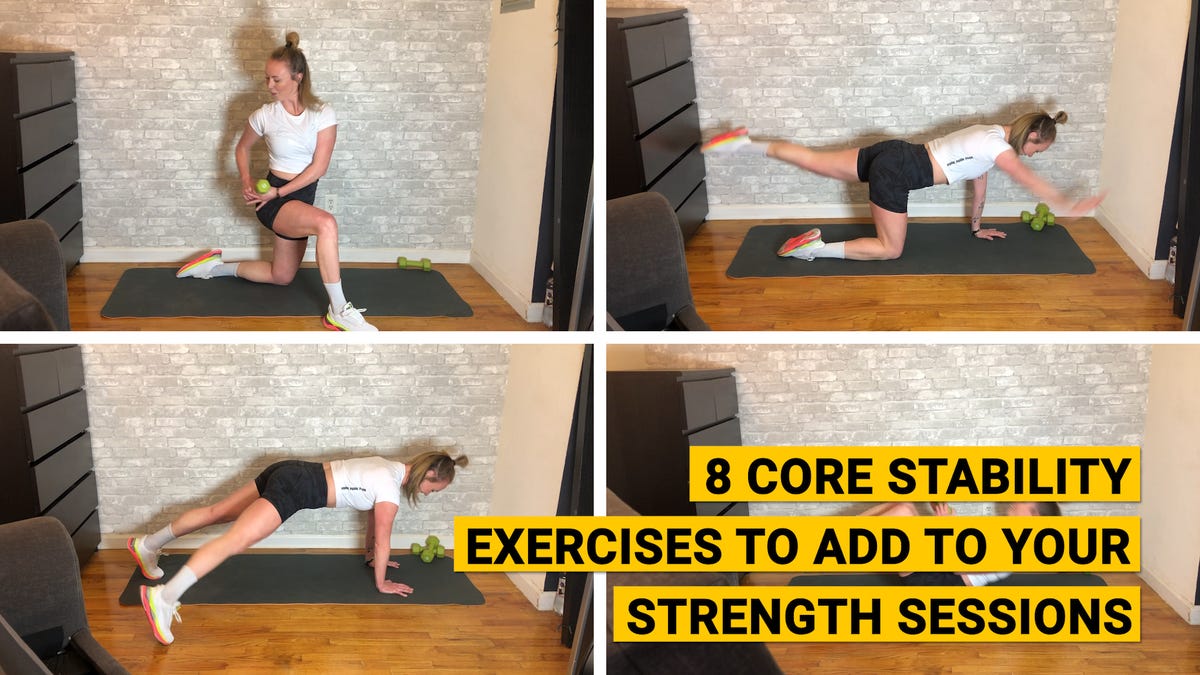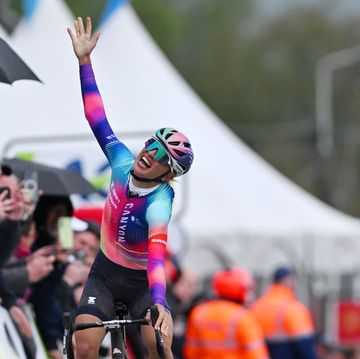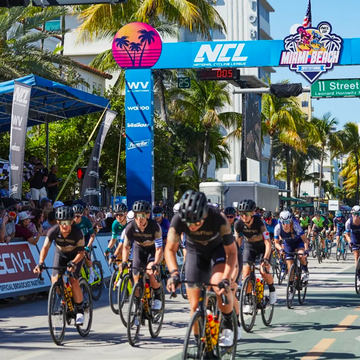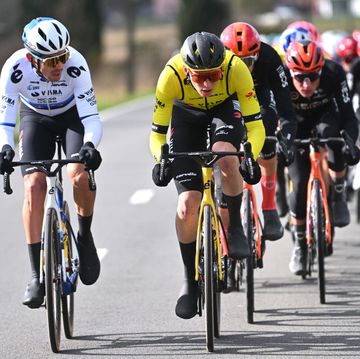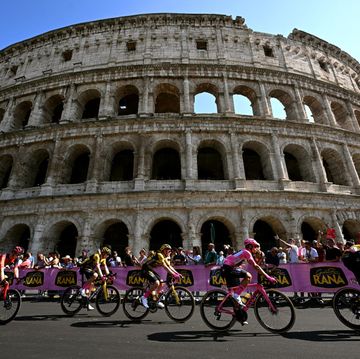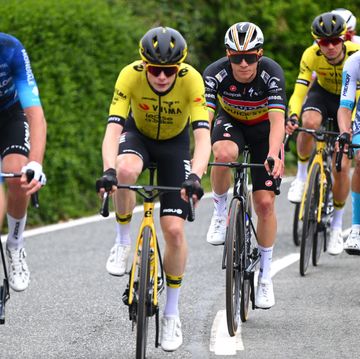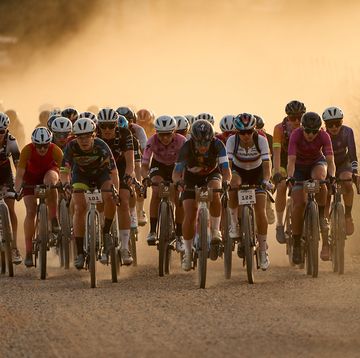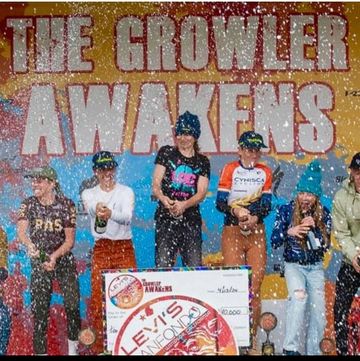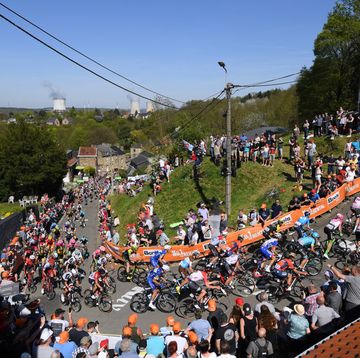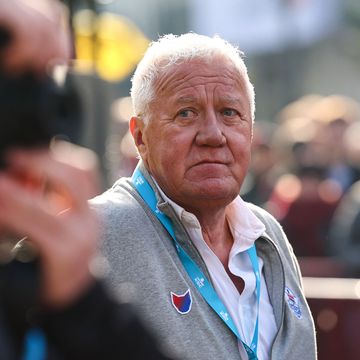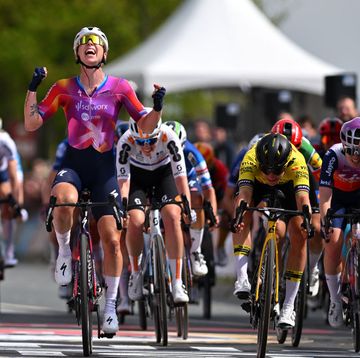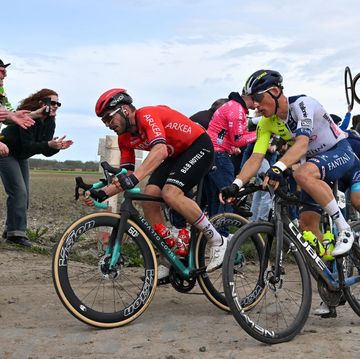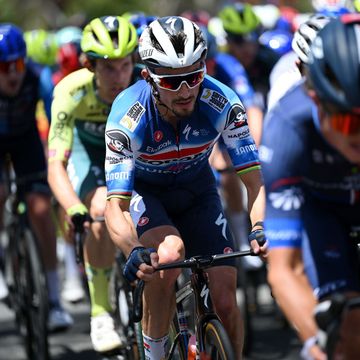Bicycling: Since you started racing bikes, you’ve been good at two things, one-day races and stage races.
Vincenzo Nibali: Well I go good in one-day races but as I have matured as a professional, my ability to recover has really improved and that has helped my stage racing. It didn’t come easily in the beginning but it has definitely improved.
When you started out, you dreamed of racing Paris-Roubaix.
When I was kid I was fascinated by the cobblestones. It’s fascinating to watch, especially in the bad weather conditions. But a race like that is really for a different kind of rider, a rider that is heavier, that can bounce along on stones. I’ve never even done it as a professional.
Bicycle racing has become so specialized. You are either a stage-racer or a Classics rider. But a handful of cyclists have proved the exception. Joaquim Rodriguez is a real exception along with perhaps riders like Dan Martin. And you are an exception.
That’s true, especially Classics like Liege-Bastogne-Liege and the Tour of Lombardy. The Tour of Lombardy is by far my favorite one-day race and I have always tried to come into it at my best. But I’ve always come up short for different reasons—a crash, the weather.
In the past five years you have won the Tour of Spain and the Tour of Italy, and rarely been off the podium in any three-week race. Do you realize that, because of this consistency, you are considered by many to be perhaps the person with the best chance of beating Chris Froome in the Tour de France?
Yeah I know. He is the point of reference for the Grand Tours. We’ve had a chance to race together in the last couple of years and last year we had great races in the Tour of Oman and Tirreno-Adriatico. He is always the reference.
Froome improved immensely over the past three years. But do you see yourself improving enough to match him in both climbing and time trialing?
The differences are really almost finite at this point and they change every year. It is difficult for me to know where we will be this year, as there are so many little things that can make the difference at this point. We’re both only now coming into our peak years.
But there are also things like strategy that matter. The Sky team favors a very linear style of racing, and what we have seen in the last few years is that they prefer a strategy that is very closed. They come to the last climb of the day with four or five riders and control it from there.
When you can find points along the race to upset that strategy, however, then it is a different race. I was able to use strategy to upset Froome at Tirreno-Adriatico last year. That said, strategy depends on the race and the race has to be open to strategy. There have been a lot of Grand Tours in recent years that have been more open, especially the Giro and the Vuelta.
The 2011 Tour with Voeckler and Evans was very open, and then last year’s Tour when the whole Sky team imploded in the Pyrenees.
Well yes and no. The Tour last year was still rather linear.
Well what do you think of the 2014 Tour de France route?
Well it’s a better race route than in 2012, when I finished third. I know quite a few of the climbs already. I know the finishes. There are some that I don’t know, however, and we’re trying to find a time to go and recon some of those stages.
You are one of the only great climbers today that loves descending.
Descending is natural, because after a climb there is descent and it is important. That said, I don’t attack every descent because, well, often the potential gains are not great and the risks are. So you have to know when a descent provides real opportunities before really going for it.
What is it about descending that you like? For many great cyclists descending really poses problems. For you though is seems more like a game. You have fun.
For me it comes easily because since I was a kid I did lots of BMX and mountain biking, so for me it is just fun.
Nibali will lead his Astana squad through several spring stage races and the Ardennes Classics. (James Startt)
What is your 2014 program?
In the early season I am going to the Tour of Oman and then Paris-Nice as well as Classics such as Liege-Bastogne-Liege and Fleche-Wallonne. There has been a little talk of doing the Tour de Flanders but I don’t think I will do that. Then the Tour of Romandy. In general I’m doing a lot of races I haven’t done since I was young, races like Paris-Nice.
Is it sometimes hard for a champion like yourself to come to a race for training, to know that attacking and being on the front just is not in the cards at the current moment?
No not really. To come here to a race like San Luis and try to win would have meant spending all fall training, because that is what you would have to do to beat someone like Nairo Quintana, who made this race an objective. No I’ve focused on goals later on. I came to San Luis this year with only the idea to use it as a platform for races in the future.
Some champions really need to win, guys like Alberto Contador. But some champions can do nothing before a big objective, get no results, and still be confident that they can have a big day. Guys like Peter Van Petegem were masters of that. Where are you?
I’m really building for the future. Last year we saw Contador come here and really going for the wins, but then sometimes that can cost you later down the road. A lot of guys know they have to build for the future.
Looking back on the Vuelta a España, what went wrong? You came into the race the big favorite but came up short against 42-year-old Chris Horner. Did you feel like you were as strong as you were last spring when you won the Giro, or was Horner just that much better?
Boy I try not to look backwards. [laughs] I don’t think I was quite as strong. It had been a long season. I was going hard in the Tour of Oman and in the Tirreno-Adriatico before winning the Giro.
At what point in the Vuelta did you realize that Horner was going to be the biggest challenger?
Right from the start! Right from the very first week, the very first climb we understood that Horner was the best. And I wasn’t the only one to see that, Valverde understood that, Rodriguez knew it. We all knew Horner was very good. But the Vuelta is three weeks long and we thought he would fade. He didn’t.


